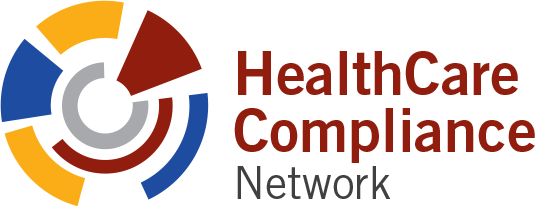In the wake of the COVID-19 pandemic, the behavioral health industry finds itself under an intensified magnifying glass, with notable increased interest and activity from the Private Equity community and consolidation in the behavioral health space, it’s no coincidence there’s also an increase in audit activity. The heightened scrutiny is driven by both a genuine need for accountability and a recognition of the industry’s vulnerabilities to fraudulent practices.
Recent data indicates a concerning and noteworthy trend: False Claims Act settlements within the behavioral health sector are on the rise, with Substance Use Disorder (SUD) providers particularly susceptible due to historical instances of fraud and abuse. As we delve into 2023, state Medicaid programs, Medicare, and commercial payers have ramped up their audit efforts, setting the stage for what many anticipate will be a continuing trend as the industry expands. To navigate this challenging landscape successfully, providers must be well-prepared, with the right people, processes, and technology in place. This includes well-trained staff, a regimen of regular internal and external audits, and specialized Electronic Health Record (EHR) systems tailored to the unique demands of behavioral health.
Moreover, proactivity becomes paramount in the face of these audits, as providers can utilize the 60-day overpayment self-disclosure rule to rectify claims in cases of errors, underscoring the importance of maintaining an up-to-date and effective compliance program.
Providers can also make use of the 60-day overpayment self-disclosure rule to rectify claims in case of errors, stressing the importance of proactively reporting errors to avoid external investigations. This is best accomplished with an up to date and effective compliance program.

